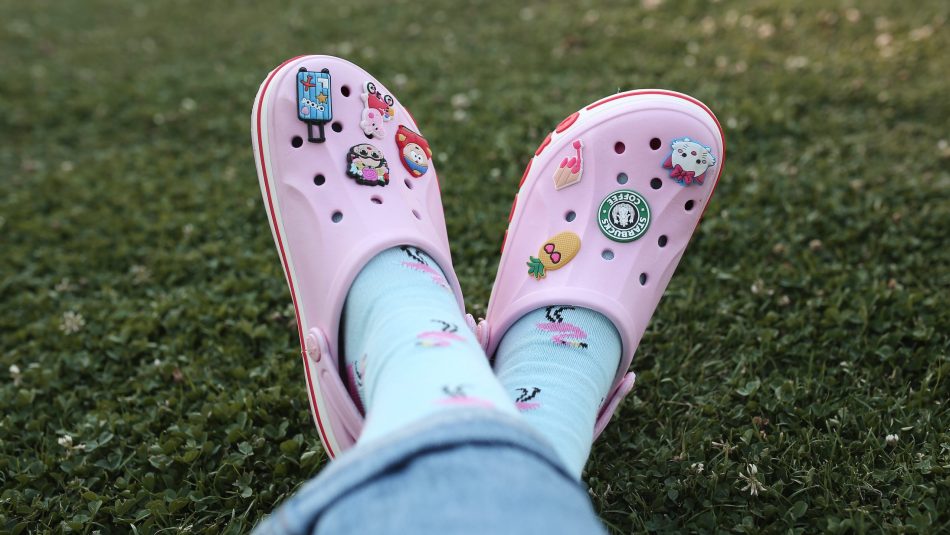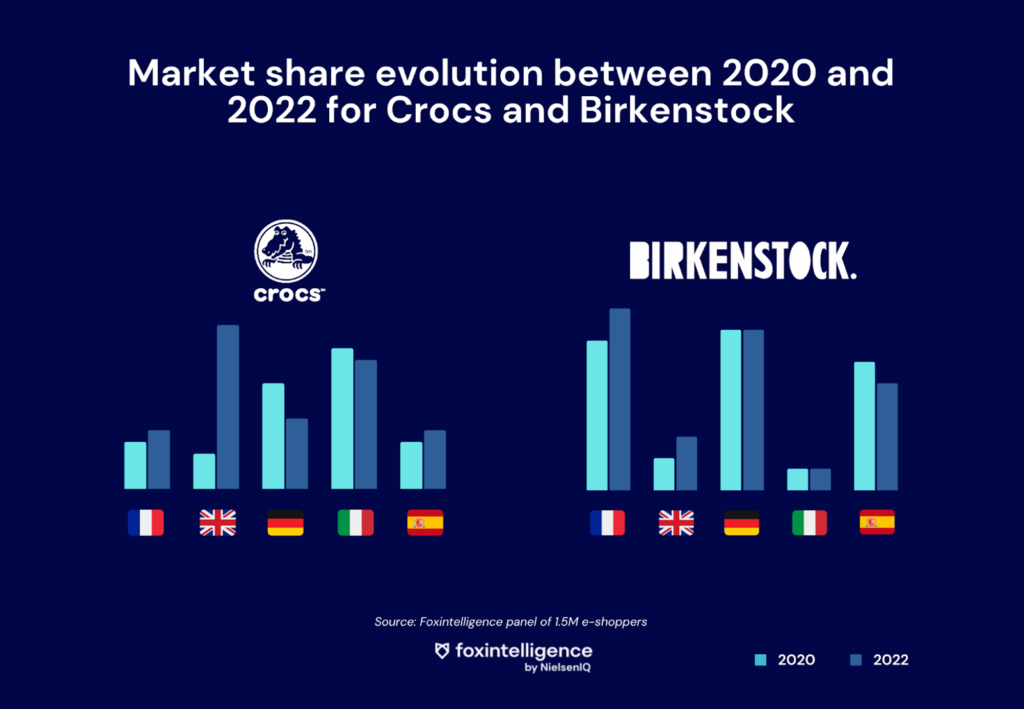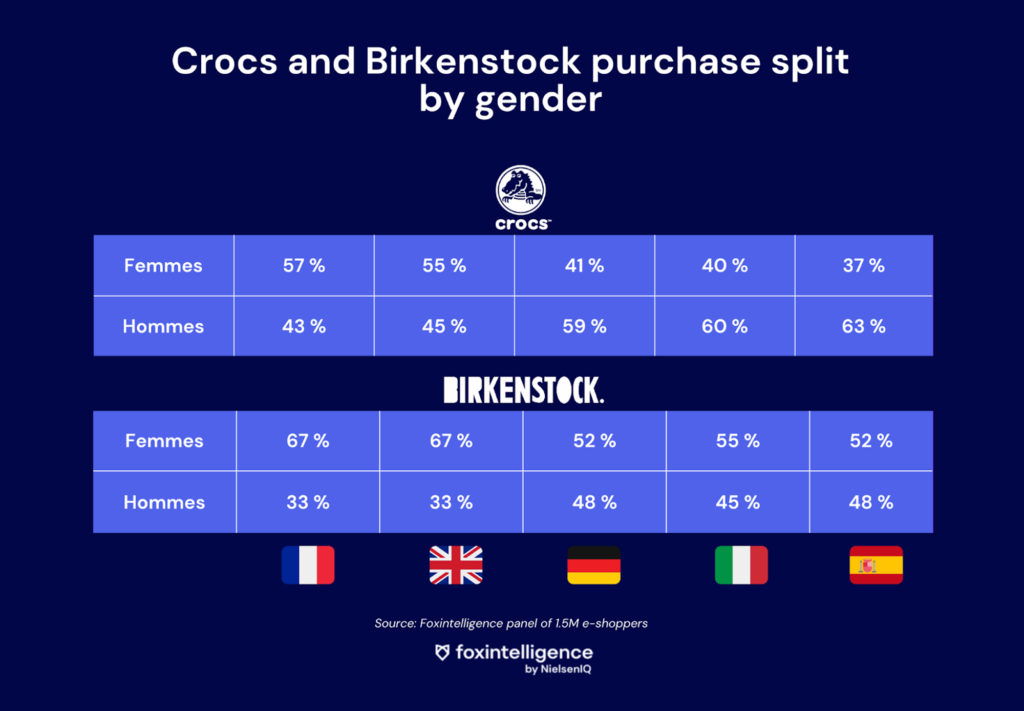Ugly has become a sales technique, a marketing trend. Consumers looking for authenticity are turning their backs on perfect-perfect advertisements and photoshopped campaigns. One of the pioneers was Monoprix with its anti-waste food campaign. Body positivity, fruit and veggie style.
Brands that embellish reality no longer have the upper hand
Victoria Secret declared bankruptcy in 2019, shortly after its “The perfect body” campaign. After 4 years of absence, it seems that a new fashion show is planned for 2023. The teaser on the brand’s Twitter account: a silhouette with shapes.
An inclusiveness that would have been more welcome if it had not followed the bankruptcy of the brand.
Tacky and cheesy take the stage
Lidl understood the assignment. Its Christmas trainers, flip-flops and jumpers go like hotcakes every time they are released. They sell out in just a few days, and are then sold at a premium on Vinted and Ebay.
The brand, which has long been associated with end of the month struggles, is making its way into pop-culture and playing with the rules of how things are done. Rarity is usually associated with luxury, so this is a symbolic revenge for Lidl.
Discount brands have lost their stigma and are growing in popularity.
Forcing brands towards authenticity
As a result of the “ugly” trend / rejection of perfection, brands are focusing on transparency, ethics, sustainability and authenticity; values that are closer to buyers’ expectations, which contribute to reinventing beauty standards – and to normalising them.
Promoting the “ugly,” glorifying the normal, putting cheesy on the pedestal – it’s more than a way of consuming, it’s a political message, a symbol of consumer emancipation.
Why is ugly fashionable? Because the beautiful is simply no longer beautiful.
➡️ Read our shoes market study.






